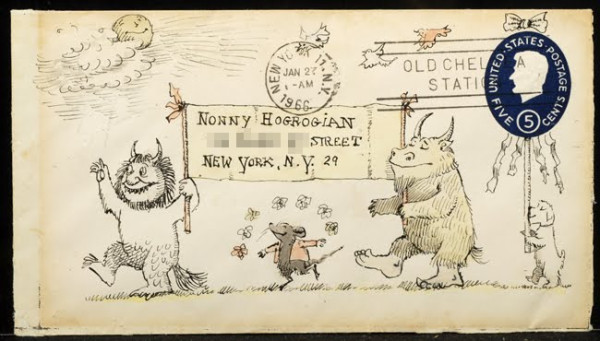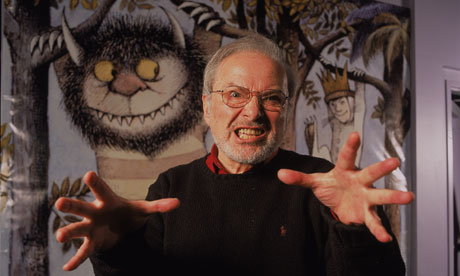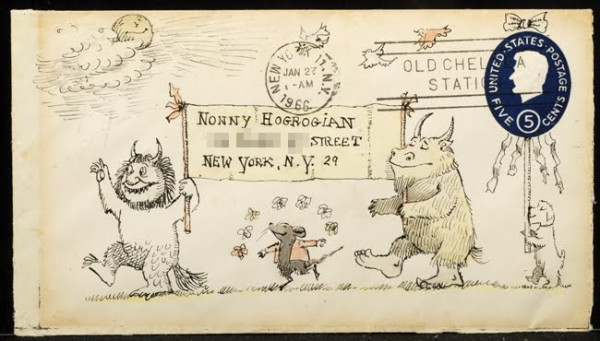What Advisors Can Learn From A Children’s Books Author’s Legacy

3 min Read
Maurice Sendak, author of Where The Wild Things Are, passed away last Tuesday. He was 83 years old.. Maurice frequently delivered dead-honest, thoughtful remarks in interviews, appearing on NPR’s Fresh Air, The Atlantic, and The Colbert Report, and was equally famous for his curmudgeonly profanity as his essential profundity. Here are a few things that he left behind, accompanied by some of my own thoughts on what advisors might learn from his unique brand of wisdom:
“I don’t believe in children. I don’t believe in childhood. I don’t believe that there’s a demarcation. ‘Oh you mustn’t tell them that. You mustn’t tell them that.’ You tell them anything you want. Just tell them if it’s true. If it’s true you tell them.”
Financial advisors are like parents, and clients their children.
“Children do live in fantasy and reality; they move back and forth very easily in a way we no longer remember how to do.”
Were you always as good with money, savings, and finance, or were you brought into your current state of enlightenment through school, testing, and lots of practice? In this way, good financial sense, much like adulthood in Maurice’s eye, is the forbidden fruit; once it is known, it cannot be unknown. Thus, financial advisors are like adults; their clients something like children. Children/clients are still allowed to not know, they can still “play dumb” and make poor decisions, but those poor decisions are how they learn. That’s because they have you, the advisor/adult, around, assuring them what the “smart” thing to do would be. Maurice Sendak was beloved by children, he brought the best out in them; I think advisors might benefit from thinking of their clients as Maurice thinks of children–not as children at all.
Look back at that last quote from Sendak. The last few lines just ring so true, “You tell them anything you want. Just tell them if it’s true. If it’s true you tell them.” That’s the kind of mutual respect that advisors should have for their clients. Your clients will make mistakes, not heed your advice, and they might even throw away your plan, but that’s because they’re human, they are faulty. The children-client/adult-advisor metaphor is about the relationship: one side has the weight of experience and knowledge but that doesn’t mean that they’re any smarter, and it certainly doesn’t warrant dumbing things down, lying, or sugar-coating. Mutual respect, honesty, and straightforwardness are just a few things that advisors can learn from Maurice Sendak’s legacy.
If you liked this post, please enter your email at the top right hand side of the page to subscribe!



